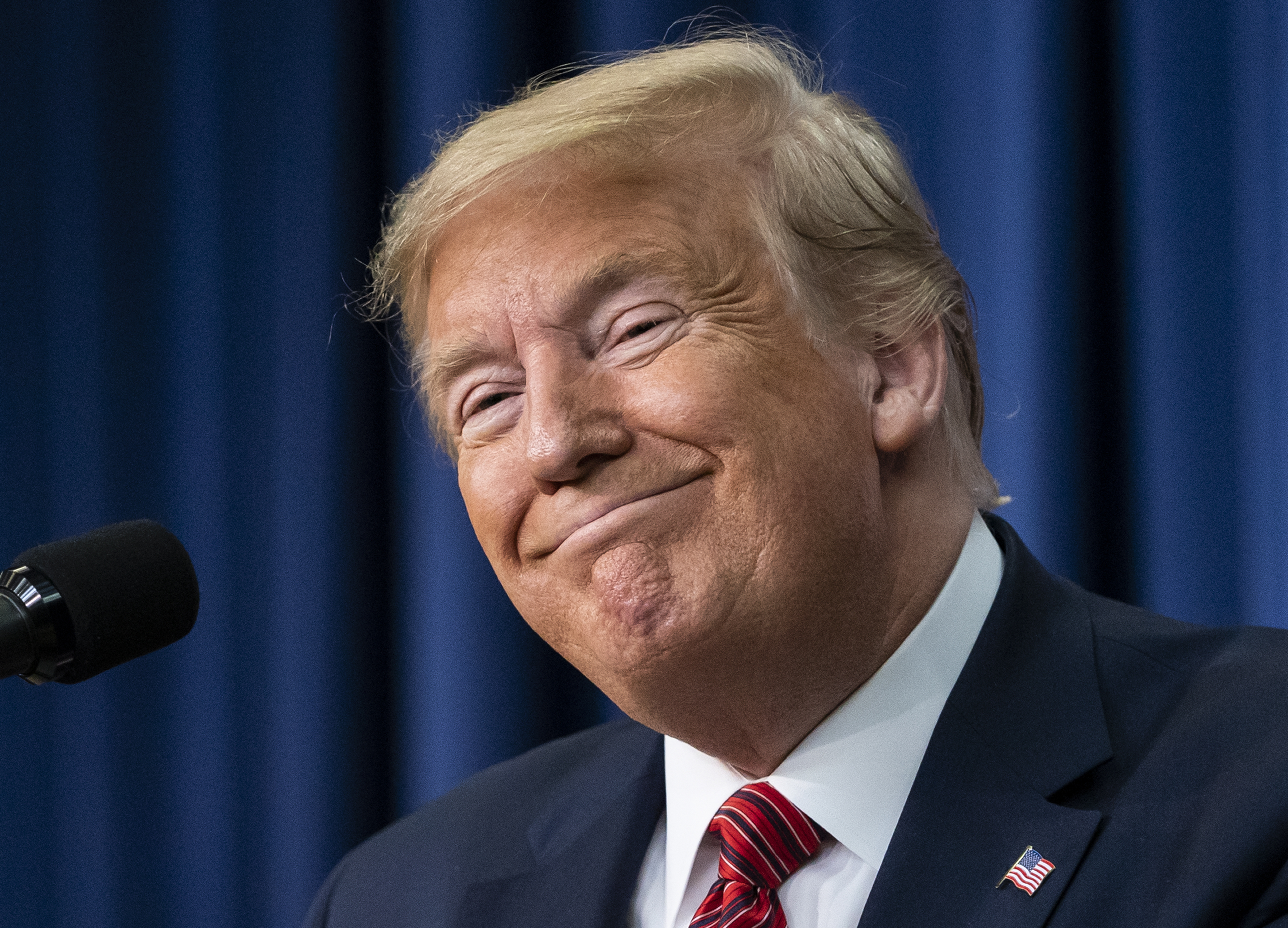US President Donald Trump on Friday said he has “the legal right” to interfere in criminal cases, capping a tumultuous week that raised questions about whether he is eroding the independence of the US legal system.
Trump’s criticism of the judge, jury and prosecutors in the criminal case of his longtime adviser Roger Stone prompted an unusual rebuke from attorney-general William Barr, his top law enforcement official, and spurred new demands for investigation from the Democrats who unsuccessfully tried to remove the Republican president from office.
It was the latest in a string of aggressive actions by Trump since the Republican-controlled Senate acquitted him of impeachment charges last week.
Trump has transferred or fired government officials who testified about his efforts to pressure Ukraine to investigate a potential political rival in November’s presidential election.
He also dropped his nomination of former US attorney Jessie Liu, who oversaw the Stone case, for another government post in the treasury department.
Sources close to the President said Trump has a greater sense of freedom following his Senate acquittal.
“You have to remember, he’s not ‘of’ government. He gets frustrated when people tell him something can’t get done. He’s like: ‘Just get it done,’” said one administration official who spoke on condition of anonymity.
Barr has privately told Trump for “some time” that his public statements were making it hard for him to run the justice department effectively, according to a source familiar with the matter.
He went public on Thursday, telling ABC News that Trump’s attacks made it “impossible” for him to do his job. “It’s time to stop the tweeting,” he said. Trump “has never asked me to do anything in a criminal case”, Barr added.
The President responded on Friday morning. “This doesn’t mean that I do not have, as President, the legal right to do so, I do, but I have so far chosen not to!” he wrote on Twitter.
Administration officials said Barr did not clear his remarks with Trump. They said Trump shrugged them off when told about them by aides.
Trump’s insistence that he has the right to interfere in criminal cases runs counter to the practice of previous US Presidents, who have generally kept an arms-length distance from the justice department since the Watergate scandal of the 1970s that led then-President Richard Nixon to resign from office.











